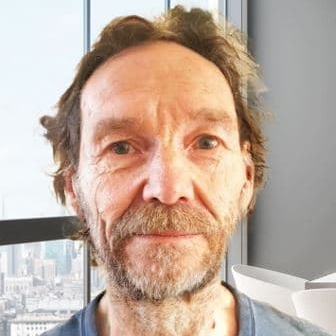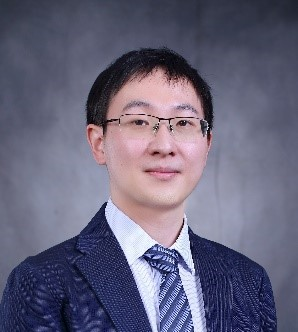Guest Editors
Prof. Pavel Skripov
Email: pavel-skripov@bk.ru
Affiliation: Institute of Thermal Physics, Ural Branch, Russian Academy of Sciences, Russia
Homepage:
Research Interests: boiling-up, heat transfer, thermophysical properties, thermal conductivity, not fully stable and unstable fluids, oils, polymers, mixtures

Prof. Lin Chen
Email: chenlin2018@iet.cn
Affiliation: Institute of Engineering Thermophysics, Chinese Academy of Sciences, China
Homepage:
Research Interests: supercritical fluids, multi-scale heat and mass transfer

Summary
The modern development of technologies is accompanied by a continuous increase in requirements for the level of the removed heat flux densities and improvements in the safety and sustainable operation of heat and mass transfer equipment. The increased level of requirements is due, among other reasons, to the miniaturization of heat-generating surfaces, which is a modern trend. The response of the thermo-engineering community to such a challenge is developing in several distinct directions, including both passive and active techniques for heat transfer enhancement.
This Special Issue is aimed to gaining additional knowledge about the essential features of heat and mass transfer in not fully stable and unstable, as well as near-critical and supercritical fluids, in conditions of small temporal and spatial scales, typical for cases of powerful local heat generation and modern micro/mini-sized devices. This knowledge serves as a practical basis for the selection of control tools in the course of short-term processes involving fast-variable heat generation.
The topics of interest include but are not limited to the following:
• High-power heat release; micro-explosive fragmentation;
• Heat-mass transfer, including nano/mini/micro-devices;
• Critical/supercritical phenomena;
• Non-equilibrium and not fully stable fluids;
• Thermophysical problems of micro- and power electronics cooling;
• Heat transfer enhancement/deterioration in the course of boiling-up and evaporation on modified surfaces;
• Mixtures having LCST or UCST.
Keywords
heat transfer, superheat and boiling-up, not fully stable and unstable fluids, near-critical and supercritical states
Published Papers